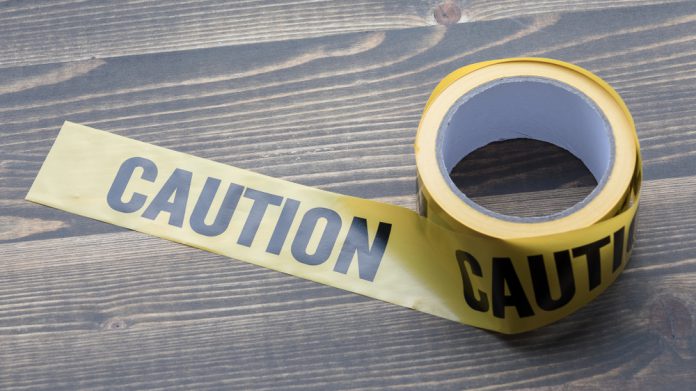A blanket advertising ban, even one undertaken in a phased approach across three years, is “short sighted” and would be “ineffective” in reaching the desired ambitions, suggests Responsible Wagering Australia.
This follows the publication of a parliamentary inquiry into online gambling and its impacts on those experiencing harms that subsequently issued 31 recommendations.
One of those concerned a blanket advertising ban that would be introduced across four phases, would take three years to implement and that it was recommended should commence immediately.
However, Kai Cantwell, RWA CEO, acknowledged the concerns regarding such promotions, but suggested that there are “more effective ways of meeting community expectations”.
He commented: “Other more measured options which could be considered by the government include capping the numbers of gambling ads to be shown.
“By doing this, the expectations of the community to see less advertising would be met, while also maintaining the crucial support to sporting codes and local broadcasters.
“We know that strict changes … often prove ineffective in addressing problem gambling”
“RWA members, along with broadcasters and major sporting codes have publicly acknowledged that there is a growing desire in the community to see less gambling advertising.
“However, blanket bans – even in a phased roll out – are short sighted, ineffective and are not the answer.
“We know that strict changes – like blanket bans and banning inducements, such as bonus bets – often prove ineffective in addressing problem gambling, with Australians instead turning to illegal offshore markets as they seek out these options.”
However, the RWA voiced deep support for a further recommendation that was detailed by the committee, with additional tech and resources to be quickly made available to accelerate an increased crackdown on illegal entities.
However, concern was voiced again, with the RWA suggesting that the report ignores the key drivers that encourage people to gamble offshore.
“The report goes a long way in acknowledging the serious harm that illegal offshore wagering plays here,” Cantwell said.
“RWA has consistently called for balanced measures which make it easier for Australians to avoid the offshore market, and ensure that wagerers know which sites are legal and safe to use.”
“The report goes a long way in acknowledging the serious harm that illegal offshore wagering plays”
Adding: “By rolling out stronger customer ID verifications, working to remove the use of credit online, and implementing the National Consumer Protection Framework hand in hand with the government, we have been on the front foot of consumer protections.”
RWA noted that the group will consider its final position on the committee’s recommendations, in addition to maintaining work alongside the government to deliver the national self exclusion register and review of the national consumer protection framework later this year, to inform further policy reform.
Titled ‘you win some, you lose more’, further suggestions issued in the parliamentary report include a comprehensive national harms reduction strategy, formation of a national regulator, a levy on online wagering service providers, a public education campaign, more independent research and improved data collection.
Furthermore, stronger consumer protections also include a requirement for WSPs to verify their customer’s identity before accepting bets, ban on inducements and legislated duty of care.













